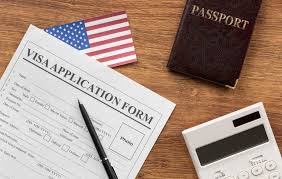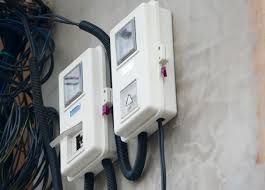The United States has announced a new $250 Visa Integrity Fee that will apply to most non-immigrant visa categories—including those for tourism, education, and employment—starting in the 2025 fiscal year.
This new surcharge will be added on top of existing visa application fees. Affected visa categories include B-1/B-2 (business and tourism), F and M (students), H-1B (skilled workers), and J (exchange visitors). Only A and G visa categories—for diplomats and employees of international organizations—are exempt.
For example, the current B-1/B-2 visa, which costs $185 (approximately ₦292,000), will now total about $435 (around ₦686,000) with the added Integrity Fee.
The U.S. government describes the Visa Integrity Fee as a compliance-focused measure designed to encourage lawful behavior and discourage visa overstays. It serves as an incentive for visa holders to adhere strictly to the conditions of their stay.
Applicants who fully comply with their visa terms—such as departing the U.S. within five days of the end of their authorized stay—may be eligible for a refund. However, waivers, discounts, or exemptions will generally not be granted.
Starting in 2026, the $250 fee is expected to increase annually, with adjustments tied to inflation and overseen by the Department of Homeland Security (DHS).
The new fee has raised concerns among frequent travelers, international students, and employers who depend on foreign talent, especially in countries with high volumes of U.S. visa applications.
As the policy rolls out, prospective visitors are advised to budget for the increased costs when planning to travel, study, or work in the United States.
Refunds are not automatic. To be eligible, applicants must submit documented proof of full compliance—such as evidence of timely departure or a lawful change in immigration status. Refunds can only be processed after the visa expires. If eligibility is not met, the collected fee will be retained and deposited into the U.S. Treasury’s general fund.




